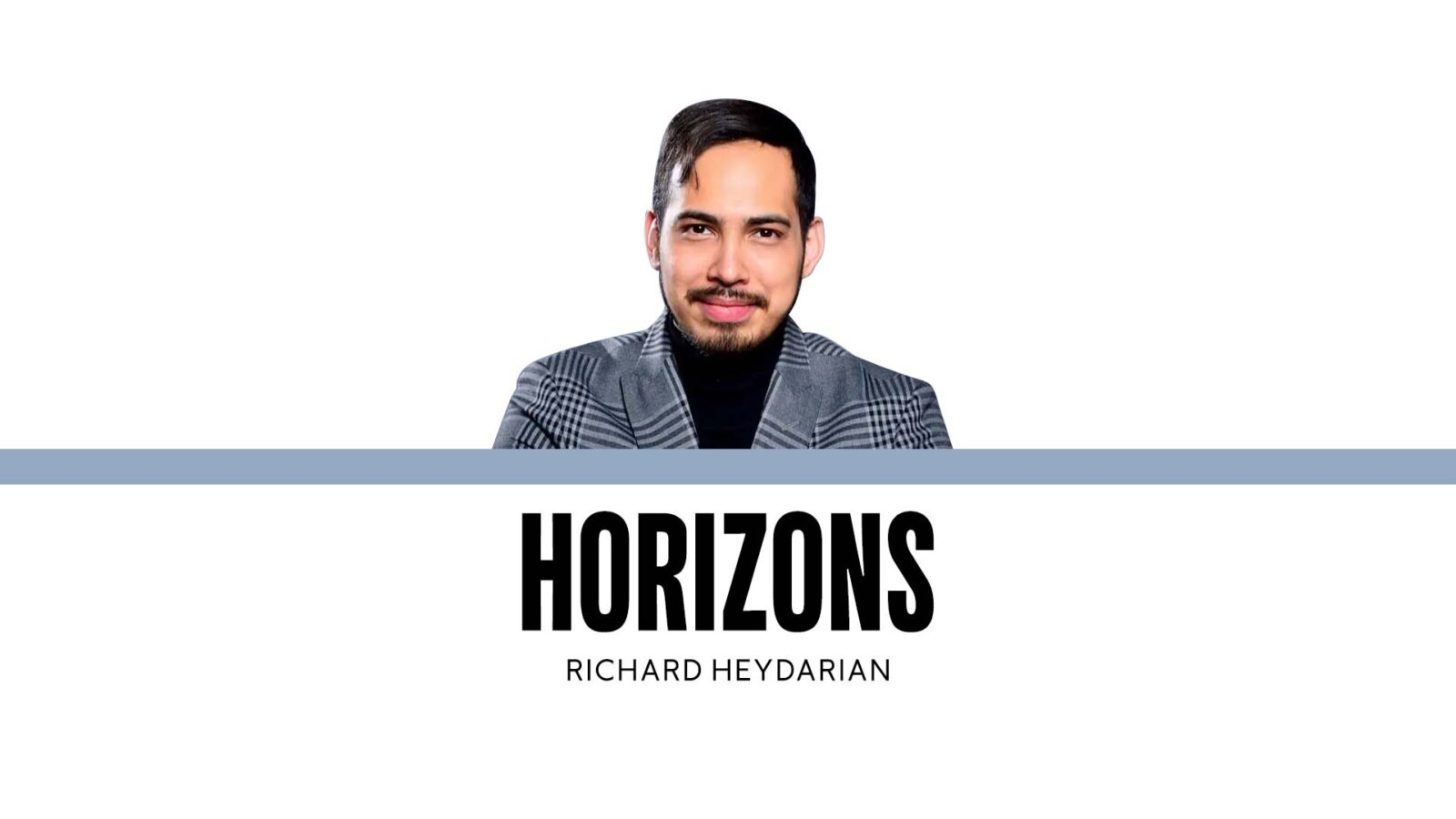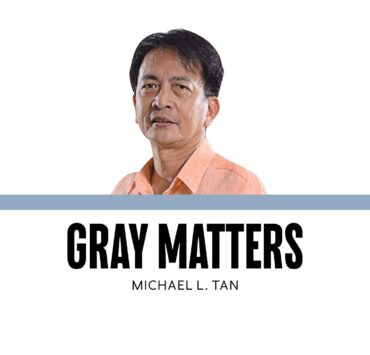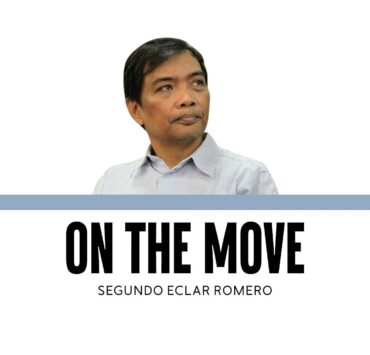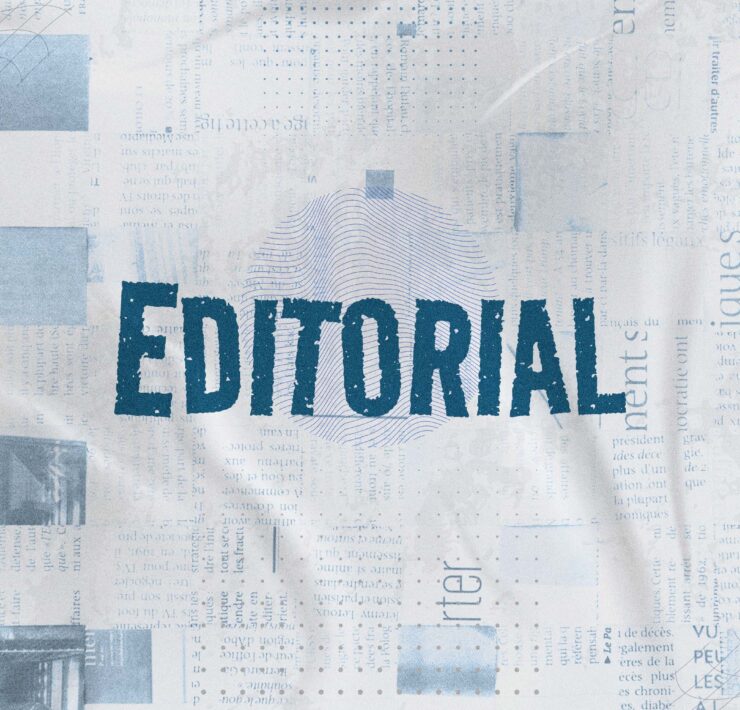‘Moralpolitik’: Is PH the most corrupt nation?

Government buildings on fire. Police stations reduced to ashes. Symbols of power and any expression of elite decadence sequestered by enraged protesters. Properties ransacked and cars burned down. Security forces turning increasingly violent amid desperate isolation. Young men parading atop luxury cars confiscated from the crooks. The military placed on alert. Protesters taunting, then chased away by armored vehicles amid screams from bystanders.
Troubled by the prospect of a violent revolution, authorities immediately offered apologies for the excessive use of force as well as a reduction in politicians’ perks. But after years of rapid yet concentrated economic growth, which has enriched the oligarchy while keeping much of the population and the youth in economic precarity, the people have had enough. They’re now taking matters into their own hands. These scenes, dear reader, are not from the Philippines, however.
Fifteen years after the outbreak of the Arab uprisings in Tunisia, and just over a year after the revolution in Bangladesh, yet another major Muslim-majority nation is confronting a potentially revolutionary moment. Objective conditions of discontent were simmering for years, but what triggered the latest revolt in Southeast Asia’s largest nation was the death of a humble delivery man, Affan Kurniawan, at the hands of authorities—not too different from the case of Mohamed Bouazizi, the Tunisian vendor who was driven to self-immolation after suffering police brutality.
On the surface, the situation in Indonesia is not too different from ours. Eerily, the current president, Prabowo Subianto, is in power thanks to his alliance with the son (Gibran) of the former president, Joko Widodo. A sort of “UniTeam!” If anything, Indonesians enjoy higher standards of living, subsidized energy, and more affordable housing. And yet, they’re forcing their leaders to bend the knee. In stark contrast, the Philippines seems still to be caught in the “rage” phase with no clear road map toward either accountability or structural reforms.
More than 12 years ago, I penned a piece for the Huffington Post (“The Luneta Revolution: A Filipino Middle Class Anti-Corruption Movement,” 11/15/13), where I waxed about the “unequivocal expression of outrage against politicians and officials implicated in the [then] recently revealed P10 billion ($220 million) ‘mother of all scams’ corruption scandal.” I emphasized how the Filipino middle class is “not only bothered by the depth of corruption but also disappointed by how the recent boom has been largely exclusionary, with barely any major improvement in infrastructure, employment, and poverty rates.”
Yet, here we are in 2025, with not a single top-level official held accountable for the massive scandal. A convicted one is even serving in the Senate today, while another alleged coconspirator is serving as presidential legal adviser. The supposed mastermind, Janet Napoles, was (partially) acquitted last year! I’m glad to see progressive mayors, such as Vico Sotto, normalizing disgust at crooked politicians. Good to see celebrities radicalized by the depth of the flood control scandal, which is seemingly 100 times worse than the one that sparked our “Luneta Revolt” more than a decade ago.
But where are our protests? Who is going to investigate legislators accused of fiscal malpractice? How can we trust our justice system when we can’t even convene a trial to examine seemingly damning evidence of abuse under Vice President Sara Duterte? To make matters worse, police Gen. Nicholas Torre III, one of the few emblems of hope and competence in the government, was recently sidelined amid an internal power struggle.
The truth is that the Philippines is not the most corrupt nation on Earth: our Corruption Perceptions Index score is almost identical to that of the relatively developed nations of Thailand and Türkiye. What we sorely lack, however, is a strong movement for good governance, which is led by genuinely upright and competent leaders. What makes our corruption extremely corrosive is the total lack of accountability. What makes our corruption so economically devastating is how it’s wasted on frivolous luxury items by the most despicable coterie of parvenus. We are not the most corrupt nation on Earth, but we, sadly, have among the most rapacious, self-seeking, and incompetent ruling elites anywhere in the post-colonial world. Sadly, we seem to be satisfied with vacuous moral posturing and the most hapless form of ”moralpolitik,” instead of exacting accountability and establishing a functioning democracy.





















